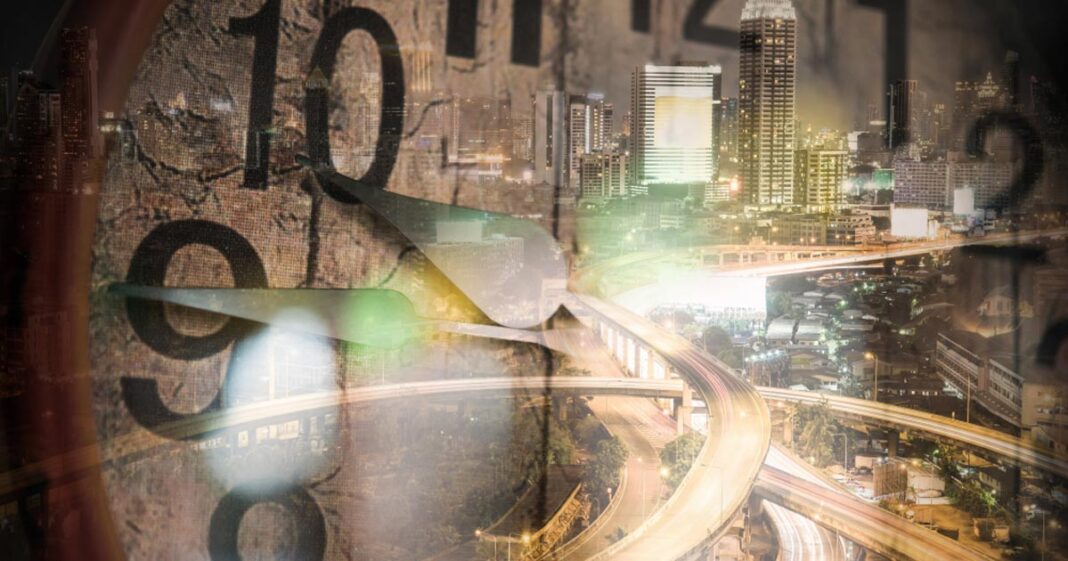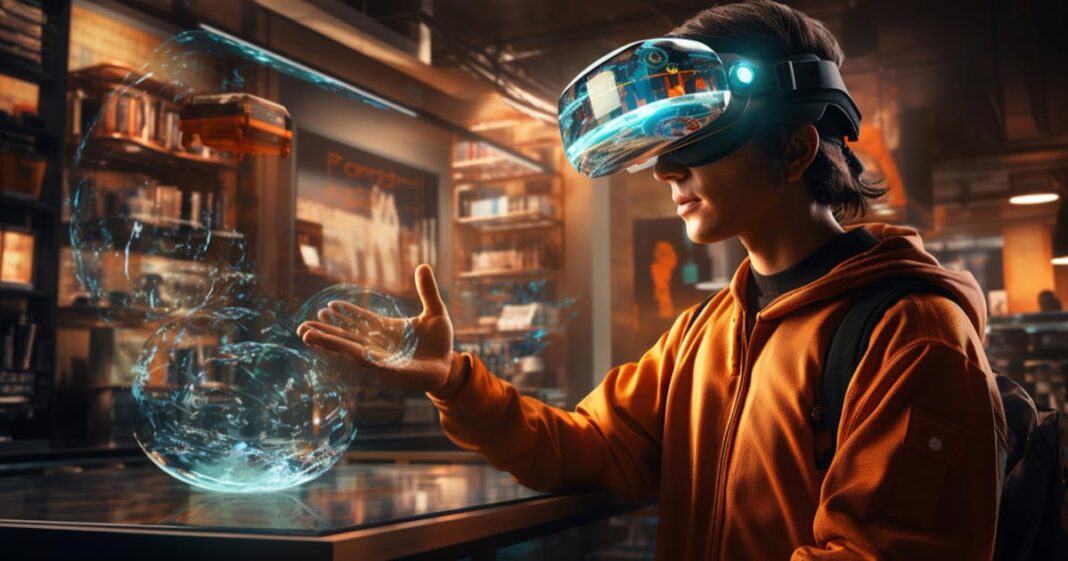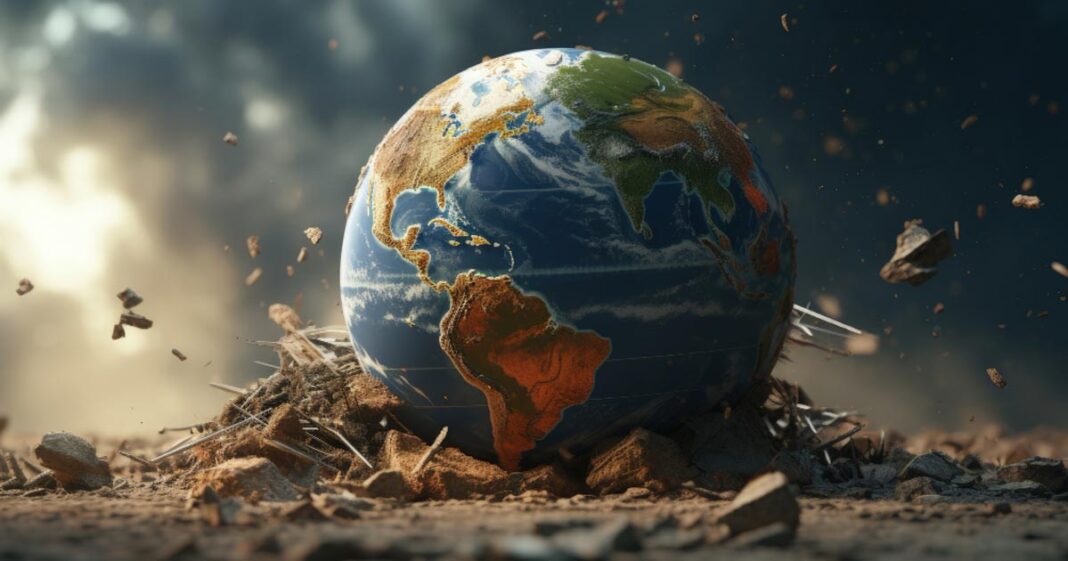
Have you ever walked into a place for the first time and felt like you’ve been there before? Or heard someone say something and instantly recalled the same words being spoken in a past moment? That eerie, fleeting sensation is called déjà vu. It has puzzled scientists, philosophers, and even spiritual thinkers for centuries. But what really causes déjà vu? Are we experiencing a glitch in the brain, or are we living in a time loop?
What Is Déjà Vu?
Déjà vu, a French term meaning “already seen,” refers to the uncanny feeling of familiarity in a new situation. It’s estimated that around 60-70% of people experience déjà vu at least once in their lifetime, often occurring between the ages of 15 and 25. While it may seem mystical, modern neuroscience suggests that déjà vu is closely linked to memory, perception, and how our brain processes information.
The Science Behind Déjà Vu
Scientists believe that déjà vu occurs due to a temporary mix-up in the brain’s memory system. There are several leading theories that attempt to explain this mysterious phenomenon:
- Split Perception Theory – According to this theory, if we see or experience something briefly but are distracted, our brain only partially processes the information. When we encounter the same situation a second time, the brain perceives it as a repeated event, leading to the feeling of déjà vu.
- Memory Recall Theory – This suggests that déjà vu happens when a new situation closely resembles a memory we’ve stored in our subconscious. The brain retrieves the stored memory but cannot pinpoint its exact origin, creating a false sense of familiarity.
- Neurological Theories – Some researchers associate déjà vu with temporal lobe activity, particularly in the hippocampus, which is responsible for memory formation. In rare cases, déjà vu has been linked to epilepsy, where misfiring neurons in the brain create an illusion of repetition.
Is Déjà Vu Proof of a Time Loop?
Many people believe déjà vu is evidence of a parallel universe or time loop, where past events are replaying in a cycle. While there is no scientific proof of this, the idea has fascinated thinkers like Albert Einstein, who proposed that time is relative and not linear. Some spiritual traditions also suggest that déjà vu is a sign of past life experiences surfacing in the present.
Real-Life Stories of Déjà Vu in India
Several prominent Indian personalities have spoken about experiencing déjà vu in their lives. One such example is Dr. A.P.J. Abdul Kalam, India’s former President and esteemed scientist. In his autobiography Wings of Fire, Dr. Kalam recalled moments in his life when he felt he had foreseen certain events before they happened. He often spoke about the power of the subconscious mind in shaping human destiny, which aligns with some theories of déjà vu.
Another notable example is Ratan Tata, the visionary industrialist behind the Tata Group. In an interview, he once mentioned that during the launch of the Tata Nano, he had a moment where he felt everything had happened before. This uncanny feeling made him pause and reflect on whether it was intuition or just his mind recalling past thoughts.
Award-Winning Research on Memory and Déjà Vu in India
In the realm of neuroscience, Indian scientists have made significant contributions to the study of memory and déjà vu. Dr. V.S. Ramachandran, an Indian-American neuroscientist, has done pioneering research on brain functions, including how the brain processes memory and perception. His work has been recognized globally, earning him numerous accolades such as the Padma Bhushan.
Another breakthrough was made by Dr. Sudhir K. Mishra, a neuroscientist working in AIIMS Delhi, who has studied how stress and neurological disorders influence déjà vu experiences. His research has helped in understanding the link between mental health and memory distortions.
Conclusion: A Glitch or a Glimpse Beyond Reality?
While the scientific explanations for déjà vu seem logical, the mystery still remains. Is déjà vu simply a trick of the mind, or could it be something beyond human comprehension? Whether it’s a neurological hiccup or a sign of a deeper cosmic connection, déjà vu continues to intrigue us, reminding us that the mind—and the universe—still hold secrets waiting to be uncovered.





